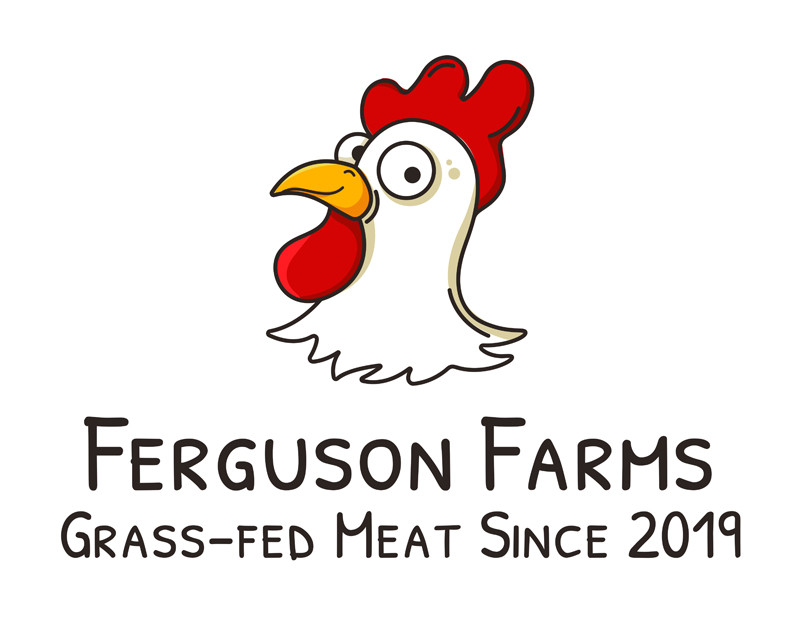FIVE IMPORTANT HEALTH BENEFITS OF LAMB MEAT
posted on
March 28, 2022
Because lamb has received much less attention in the research literature than its fellow ruminant meat—namely, beef—we have been unable to find large-scale research studies on humans that analyze lamb intake and its relationship to disease. Another factor involved in the absence of health research on lamb within the U.S. has been the very limited consumption of lamb by U.S. adults (less than one pound per year).
When smaller-scale studies of food and health have included lamb, this food has traditionally been lumped together within a category called “red meats,” and the meats examined in these smaller studies have typically come from conventionally fed animals. Because grass-feeding improves the nutritional value of both beef and lamb, and because lambs are smaller ruminants than cows with different physical characteristics, we would expect studies of grass-fed lamb to show unique results and some unique health benefits.
- Lamb is commonly included as meat consumed in Mediterranean diets, which have repeatedly been shown to help lower the risk of cardiovascular disease.
- Grass-fed lamb is a significant source of omega-3 fats, a nutrient whose adequacy in the diet is associated with decreased risk of inflammation and possibly with reduced risk of heart disease. In addition, the ratio of omega-3 to omega-6 fats is far better in grass-fed lamb than in the average U.S. diet.
- Conjugated linoleic acid (CLA) is found in variable amounts in grass-fed lamb. Increased intake of this nutrient has been associated with reduced inflammation and reduced body fat in some, but not all, research.
- About 40% of the fat in grass-fed lamb comes from oleic acid, a monounsaturated fat. This type of fat (for which extra-virgin olive oil is lauded) has been associated with decreased risk of heart disease.
- Grass-fed lamb is a very good source of selenium and a good source of zinc. A healthy intake of these minerals is a protective factor against oxidative stress because they are co-factors in important antioxidant enzyme systems.
1. Lamb Meat – A Fantastic Source of Iron
Like red meat, lamb inherently has a lot more iron than other protein sources like chicken or fish. In addition, since lamb is an animal source of iron, it contains heme iron rather than the non-heme iron found in plants. Heme iron is the more absorbable form of iron so consuming red meat like lamb can help to improve and prevent iron deficiency and anemia symptoms.
2. A Vitamin B Powerhouse
The National Institute of Health’s Dietary Office estimates that somewhere between 1.5% to 15 % of people in the U.S. are deficient in vitamin B12. Other studies, like one published by the American Journal of Clinical Nutrition in 2000, indicate that this number might be even higher, with up to 39% of the population possibly suffering from a vitamin B12 deficiency. Lamb is an awesome source of B12, just 3 ounces of lamb meat will provide half of most people’s daily B12 requirements.
But that’s not all — lamb is also loaded with other essential B vitamins, including vitamin B6, niacin (vitamin B3), riboflavin (vitamin B2), and pantothenic acid (vitamin B5). Vitamin B12 as well as these other B vitamins help our nervous systems function as they should, and ensure that the actual nerve cells are in a healthy state.
3. A Way to Boost Your Immune System
Lamb is loaded with immune-boosting zinc, just 3 ounces of lamb contains 4.4 mg zinc which is 30% of our daily value. Zinc is absolutely essential to optimal immune health, along with wound healing, DNA and protein synthesis, as well as growth and development in children.
4. Anti-Inflammatory Assets
Lamb does contain fat, but a significant portion of that fat is anti-inflammatory omega-3 fatty acids. Grass-fed lamb meat provides its consumers with conjugated linoleic acid (CLA). CLA has been shown to help aid fat loss and improve lean muscle mass.
5. A Healthy Source of Protein
Lamb is loaded with vital proteins, just one 3 ounce serving of lamb meat contains over 23 grams of protein. Protein does so much for the body, including providing it with slow-burning, sustainable fuel. It also helps your body build, repair, and maintain muscle mass.
There are a lot of ways to use and cook lamb meat. Many fans of lamb really love lamb loin chops, which are said to be one of the most tender cuts of lamb meat. In the culinary world, lamb loin chops are sometimes referred to as “the porterhouse steak of the lamb” to give you a beef comparison.




